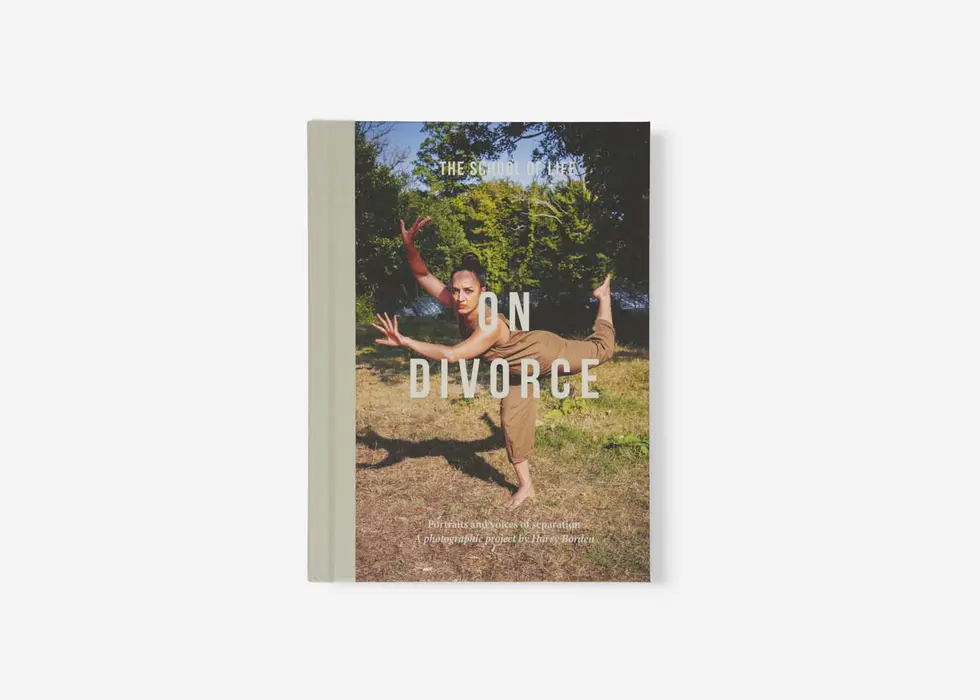Relationships • Compatibility
Daring to Love
Some of us are involved in a dynamic in love that, when it’s laid out squarely, sounds very strange indeed: we’re looking to get involved with people who are afraid of love, who won’t be able to let themselves go in relationships, who will be squarely avoidant in their ability to give and receive affection.
This sounds paradoxical because we naturally imagine that we would – by instinct – only ever be interested in people who could be ready to cherish us, who would be eminently capable of reciprocating affection, who could be warm, present and available.

But this optimism misses the way in which our minds can be engaged in complicated and camouflaged processes of self-protection. Our early childhoods may not have lent us any secure sense that love could be relied upon. Perhaps our father left the family shortly before our fifth birthday to live on the other side of the world. Perhaps our mother was humiliating and cold. Or maybe our parents struggled with addictions.
As a result, we developed techniques to ensure that we would always remain alone and isolated – and therefore safe from disappointment and further injury. We may well crave affection. We may have elaborate daydreams of what we would like our relationships to be like. We may be wholly sincere when we profess that we want to give ourselves to someone open and responsive. It’s just that alongside such readiness, we are also keen to ensure that we will never, ever be in a position where love might properly flourish, where we could be deeply happy alongside someone, and then – for reasons outside of our control – love could disappear as suddenly and as horrifically as it once did. We opt for the frustrations and slow despair of unfulfilled love over the unstable terrors of reciprocal ecstasy.
This helps to explain the sort of people we may be drawn to: lovers who marry us but then withdraw inwardly. Lovers who are always half in and half out and who play elaborate games of push and pull. We may complain heartily about their ‘coldness’ but how carefully and determinedly we have sought it out.
We begin to heal the moment we start to suspect that we are not just randomly unlucky, we are engaged in patterns of self-sabotage; we are carefully sidling up to those who are going to keep us at bay – and we are doing this in a misguided but understandable attempt to keep us safe in the wake of the difficulties of our childhoods.
It might take some of us the greater part of our lives until we no longer hold it against someone that they can warmly adore us.


























